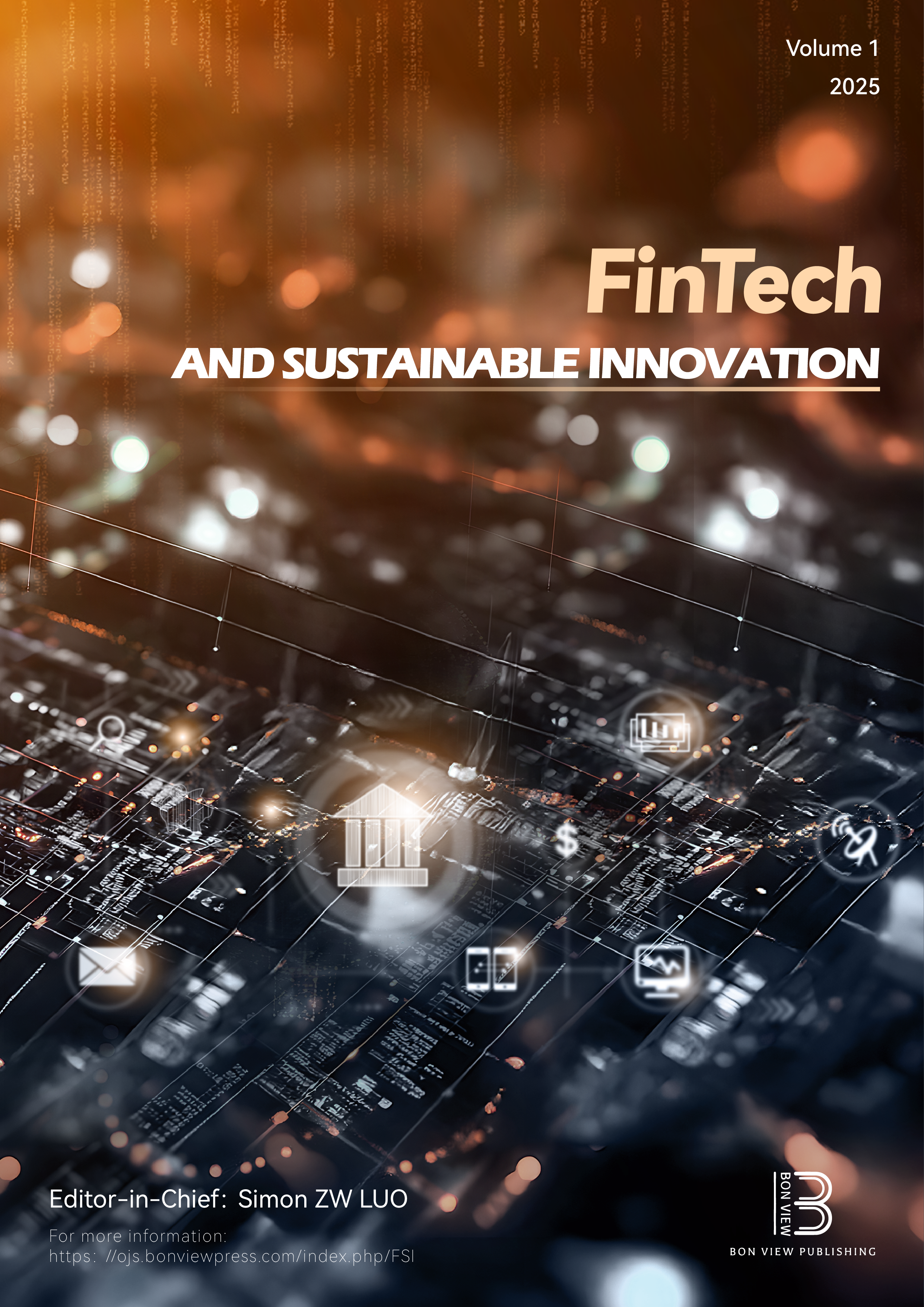Credit Rating in the Age of Artificial Intelligence
DOI:
https://doi.org/10.47852/bonviewFSI52025716Keywords:
credit rating, artificial intelligence, big data, ethical concerns, default rateAbstract
Recent advancements in technology, particularly artificial intelligence (AI), have profoundly impacted financial systems. One area undergoing significant change is credit scoring and rating, where traditional methods—long reliant on limited, standardized data—are now being reshaped by advanced algorithms. AI-driven credit assessment leverages vast and diverse datasets, including nontraditional sources such as transaction behaviors and digital footprints, enabling more accurate and personalized risk evaluations. This shift not only improves efficiency but also expands access to credit for underserved populations who lack conventional financial records. However, these innovations come with challenges. The complexity of AI models often makes them difficult to interpret, raising concerns about accountability and bias. Additionally, the use of alternative data sources introduces privacy and ethical considerations, calling for stronger regulatory frameworks. This paper examines real-world applications of AI in credit scoring, compares its effectiveness with traditional methods, and discusses emerging regulatory responses. While AI holds great promise in democratizing credit and refining risk assessment, its responsible implementation requires balancing innovation with transparency, fairness, and consumer protection. Addressing these challenges will be key to building a more inclusive and resilient financial system in the digital age.
Received: 17 March 2025 | Revised: 19 May 2025 | Accepted: 09 September 2025
Conflicts of Interest
The authors declare that they have no conflicts of interest to this work.
Data Availability Statement
Data sharing is not applicable to this article as no new data were created or analyzed in this study.
Author Contribution Statement
Milad Shahvaroughi Farahani: Methodology, Software, Validation, Formal analysis, Investigation, Resources, Data curation, Writing – original draft, Visualization, Supervision, Project administration. Gholamreza Mahmoudi: Conceptualization, Writing – review & editing. Ghazal Ghasemi: Conceptualization, Validation, Investigation.
Downloads
Published
Issue
Section
License
Copyright (c) 2025 Authors

This work is licensed under a Creative Commons Attribution 4.0 International License.


